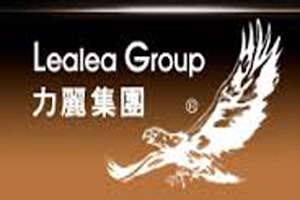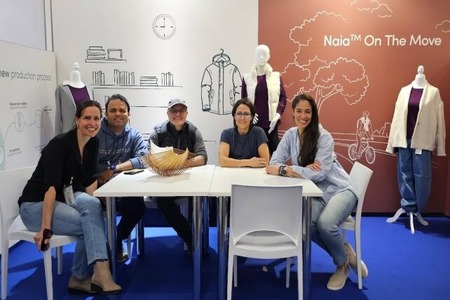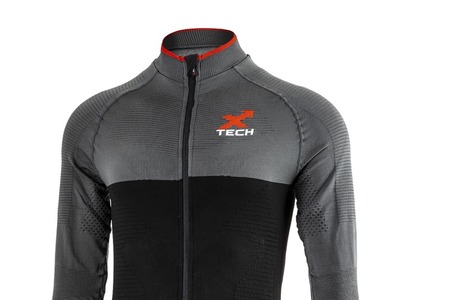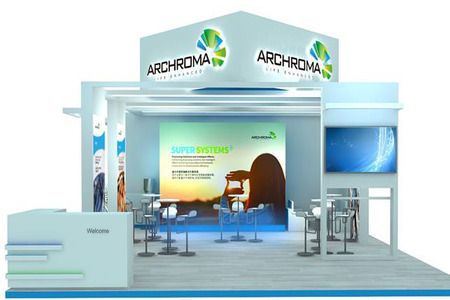
Lealea Group set to put in billions for capacity expansion and upgradation
YarnsandFibers News Bureau 2014-04-25 10:00:00 – TaipeiLealea Enterprise Co, a Taiwanese textile manufacturer established in 1979 produces and sells polyester DTY to provide raw materials to textile manufacturers primarily in Taiwan as part of its expansion plan would spend NT$3.5 billion (US$115.4 million) on capacity expansion in the next three years.
The capacity expansion plan includes building factory to produce nylon 66 chips and yarns from adipic acid and other chemical compounds which will involve an investment to the tune of NT$2.5 billion.
It would also be entering into a contract with a global company for technology transfer and manufacture nylon 66 products by June end as they have not been able to achieve success to make dyed nylon 66 yarn dependently.
With the completion of factory in early 2017, they will be competently manufacturing 120 tonnes of nylon 66 products per day. Of which one-third of the nylon 66 products will be used by the company’s affiliate, Li Peng Enterprise Co to produce and dye nylon 66 fabrics, while the balance will be sold in the market.
Lealea Enterprise will also be spending NT$400 million of the planned expenditure to build a new polymerization plant, expected to be completed in the third quarter and increase its output of polyester chips by 400,000 tonnes a day.
As for Li Peng Enterprise, Lealea plan to spend a total of NT$3.7 billion this year and next year, including NT$2.2 billion to build a new factory that can produce 500 tonnes of nylon products a day. Construction is expected to be completed by the fourth quarter next year.
Another NT$900 million is to be spend to rebuild its dyeing and finishing plant in Yangmei City, Taoyuan County, for fabric processing, the construction will be completed by the end of next year.
With the successful completion of its capacity expansion projects and assuming all production lines running at full capacity, Lealea Enterprise’s revenue could rise to between NT$21.5 billion and NT$22 billion a year, from NT$12.3 billion last year, while Li Peng’s sales could increase to about NT$48.5 billion a year from NT$26.4 billion last year.
The company intends to make use of its own funds to go with the capacity expansion and upgradation plans; as a result, both companies will not issue cash dividends this year.
Market Intelligence
Ask for free sample Report

experience
Customer Base
dedicated team
Countries Served Worldwide









